Hotel check-in times: A complete guide for travelers
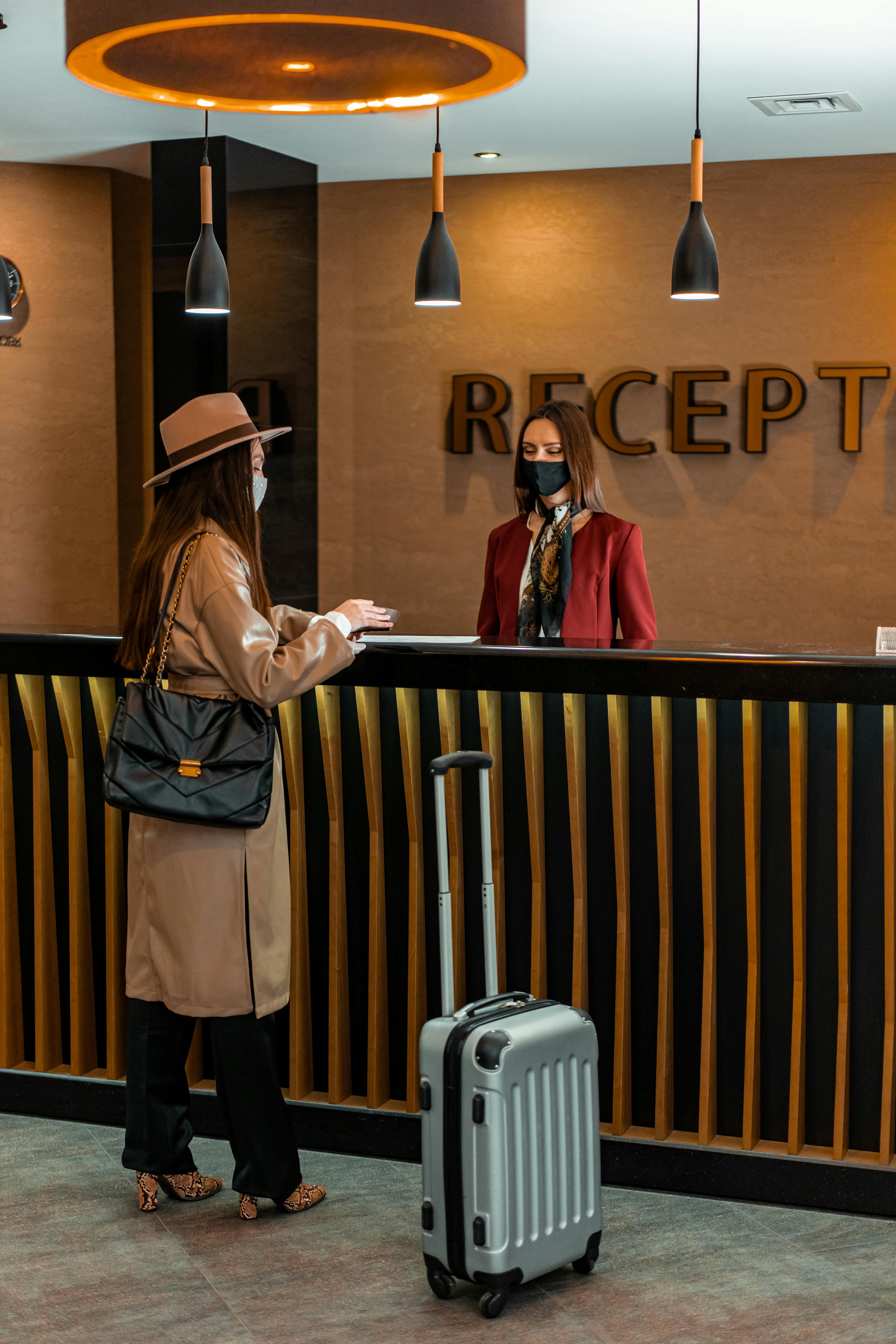
You arrive at your hotel at noon after a long flight, hoping to finally get some rest. The front desk clerk gives you that familiar look. "Check-in isn't until 3 PM. You're welcome to wait in the lobby."
Your room is sitting there empty, but hotel policy stands firm. You're tired, you have luggage, and all you want is to get settled. Instead, you're facing three hours of limbo.
The good news? You don’t have to be stuck with inconvenient check-in or checkout times. In this article, we'll show you how to work with hotel schedules instead of against them.
Why Do Hotels Have Check-In Times?
Hotels run on tight schedules that most travelers never see. When you check out at 11 AM, your room doesn't magically become ready for the next guest.
- Housekeeping takes 2-3 hours per room to strip beds, clean bathrooms, vacuum, restock amenities, and inspect everything.
- Hotels run laundry cycles, maintenance checks, and room inspections between checkout and check-in.
- The 3 PM check-in and 11 AM checkout window maximizes room sales without gaps while accommodating last-minute bookings.
- Standard times prevent the front desk from being swamped while housekeeping scrambles to keep up.
- Luxury hotels offer later checkout because guests expect it, while budget hotels stick to 11 AM due to thin margins.
This timing isn't flexible at most properties. The later your arrival after 3 PM, the more likely your room is ready.
Common Check-In Problems
No reservation found: This happens when confirmation numbers get mixed up or systems don't sync properly. Have your confirmation email ready and stay calm. Most issues resolve quickly.
Credit card authorization failures: Insufficient credit, expired cards, or security holds can block check-in. Have a backup payment method ready for travel.
Room type unavailable: Hotels sometimes oversell room categories. If your booked room type isn't available, they should offer an upgrade or comparable alternative at no extra cost.
Overbooked situations: When hotels sell more rooms than they have, they "walk" guests to nearby properties. Hotels cover transportation and typically comp your first night. This is rare but happens during peak periods.
How to Secure a Smooth Check-In
Most check-in problems are preventable if you know what to do before you arrive. Here's how to get your room when you need it and avoid common hassles.
Pre-Arrival Preparation
Call the hotel 24-48 hours before arrival to request early check-in. Explain your situation. Early flight, long drive, important meeting. Hotels can often note your request and prioritize room cleaning if they know you're coming early.
Complete online check-in when available. Many hotels let you check in through their website or app starting 24 hours before arrival. You can often select your room, add special requests, and skip the front desk entirely.
Join the hotel's loyalty program before you arrive. It's free and often comes with perks like early check-in, late checkout, and room upgrades. Even basic status gets you better treatment than non-members.
Book directly with the hotel when possible. Third-party booking sites sometimes don't sync properly with hotel systems. Direct bookings also give you more leverage for requests and changes.
Early Check-In Strategies
- Target weekdays - Business hotels have more availability Monday-Thursday; resort properties are more flexible Sunday-Thursday
- Be specific when calling ahead - "I'm arriving at 11 AM for a client meeting at 2 PM" works better than "I'd like to check in early"
- Have backup plans ready - Ask about luggage storage if early check-in isn't available
- Consider booking the previous night - If you absolutely need the room by noon, pay for the extra night and guarantee availability
Quick 5-Step Check-In Process
Understanding what happens at the front desk helps you prepare and avoid delays. Here's exactly what to expect:
1. Reservation Verification: The agent confirms your booking details—dates, room type, rate, and guests. Bring your confirmation email in case their system shows something different than what you booked.
2. Payment Authorization: Hotels place a hold on your credit card for incidentals like room service or damages, typically $50-200 per night. If you don't have enough available credit, ask to pay the deposit in cash, use a debit card, or provide a second credit card.
3. Room Assignment: Hotels assign rooms based on availability and loyalty status. If you have special requests, mention them now—the front desk can often accommodate requests that weren't noted during booking. When your preferred room isn't available, ask what similar options they have.
4. Key Setup: The agent programs your key card for your stay dates and tests it before handing it over. Keep your key away from phones and magnetic items.
5. Property Information: You'll receive WiFi passwords, pool hours, restaurant information, and parking details. This is also when you can ask about local recommendations.
What You Need at Check-In
- Valid photo ID – must match the name on the reservation
- Credit card – can be different than the one you booked with, but should match the ID
- Confirmation number/email – backup in case of system discrepancies
Requesting Late Checkout at Hotels
Request late checkout the night before or early morning of departure. Don't wait until checkout time. Rooms may already be committed to incoming guests.
Most hotels offer 1-2 hour extensions for free. Noon or 1 PM checkout is commonly available if you ask. Anything beyond that usually requires payment.
Know when hotels charge fees. Peak periods (conventions, holidays, high occupancy) mean less flexibility. During slow periods, hotels are often happy to accommodate late checkout for free.
Consider half-day rates vs. booking an extra full night. If you need the room until 6 PM, a half-day rate might cost less than late checkout fees.
Coordinating Group Hotel Check-Ins
Coordinate multiple room check-ins by providing a master list with all guest names and room assignments. Designate one person to handle check-in for the entire group.
Request connecting rooms during booking, not at check-in. These rooms are limited and get assigned first-come, first-served.
If your group arrives at different times, inform the hotel about staggered arrivals. They can note which rooms to prioritize for early cleaning.
Travel Day Timing Tips
- Flight delays: Call the hotel to update your arrival time to prevent your room from being released to walk-ins
- Weekend flexibility: Business hotels downtown have more weekend availability; tourist areas are busier
- Peak periods: Standard check-in times are strictly enforced during holidays and high occupancy
New Trends in Hotel Check-In
Technology is changing how hotels handle check-in, but not all digital options work better than traditional front desk service.
Mobile and Online Check-In
Digital check-in lets you complete the process through hotel websites or apps starting 24 hours before arrival. You upload ID photos, confirm payment information, and receive your room assignment digitally. When you arrive, you can go straight to your room.
Room selection through apps shows available rooms and lets you choose specific locations. High floor, corner room, away from elevators. This works well at hotels with updated systems and tech-savvy staff.
Digital key access means your phone becomes your room key. The technology works most of the time, but you should always have a backup plan. Phone batteries die, Bluetooth fails, and not all hotel doors support mobile keys yet.
Benefits include skipping front desk lines and faster room access. Limitations include technical glitches, inability to handle special requests, and no face-to-face problem resolution.
Contactless Solutions
Self-service kiosks work fine if you have a straightforward reservation and no special requests. You scan ID, insert credit card, and receive printed room keys.
Text message check-in sends room information and access codes directly to your phone. Some hotels use this for contactless arrival during late hours.
QR code room access lets you scan codes with your phone to unlock doors. This technology is newer and less widespread than traditional key cards.
Express Services
Curbside check-in at select luxury properties lets you complete the process without entering the lobby. Staff bring room keys to your car and handle luggage. This service is rare and typically available only at high-end hotels.
Automated checkout processes charge your card on file and email receipts. Most hotels offer this option, and it works well unless you need to dispute charges or have special circumstances.
Elite member skip-the-line perks provide dedicated check-in areas or priority service. The value depends on how busy the hotel is during your stay.
Engine Has Your Back For a Smooth Check-In Process
Check-in timing doesn't have to derail your travel plans, but most booking platforms leave you to figure it out yourself.
Engine works differently. We handle the booking complexity that creates check-in problems before you ever arrive at the hotel.
Direct Bill eliminates credit card authorization delays. No more holds on your personal cards or scrambling for backup payment methods when the front desk system hiccups.
Incidental Coverage means no surprise charges or authorization holds that can block check-in. Your room is guaranteed without the payment hassles that strand other travelers in hotel lobbies.
24/7 Support gives you someone to call when things go wrong. Flight delayed? Group arriving at different times? Overbooked hotel? We fix problems while you focus on your trip.
We handle the booking complexity so you can focus on what matters.
Ready to skip the check-in headaches? See how Engine makes hotel booking work for you.



.avif)




.avif)






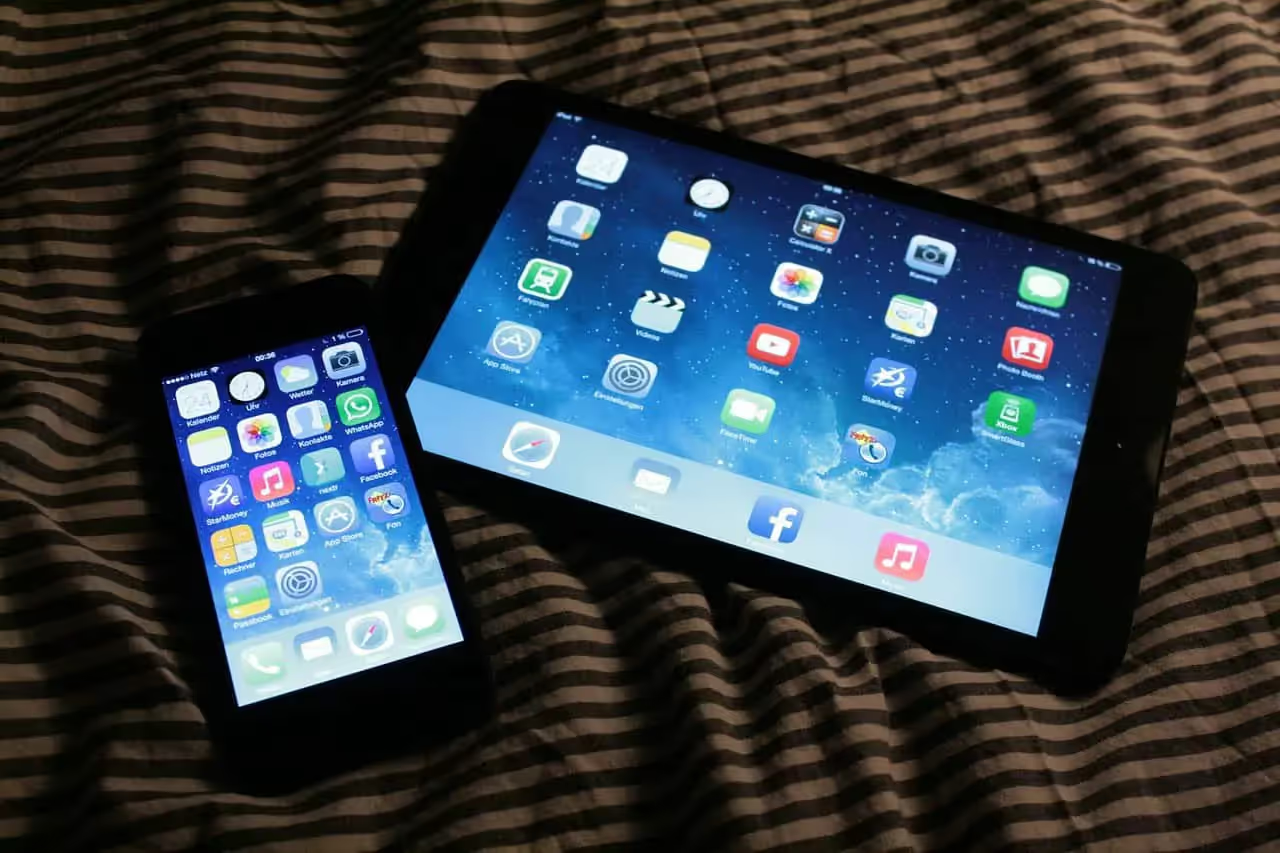


.jpg)









![How to Get the Best Hotel Deals and Rewards [Infographic]](https://cdn.prod.website-files.com/66a41388b1be9ba182f1e80c/66a41388b1be9ba182f1f257_Windsor_Hotel_-_in_winter.avif)




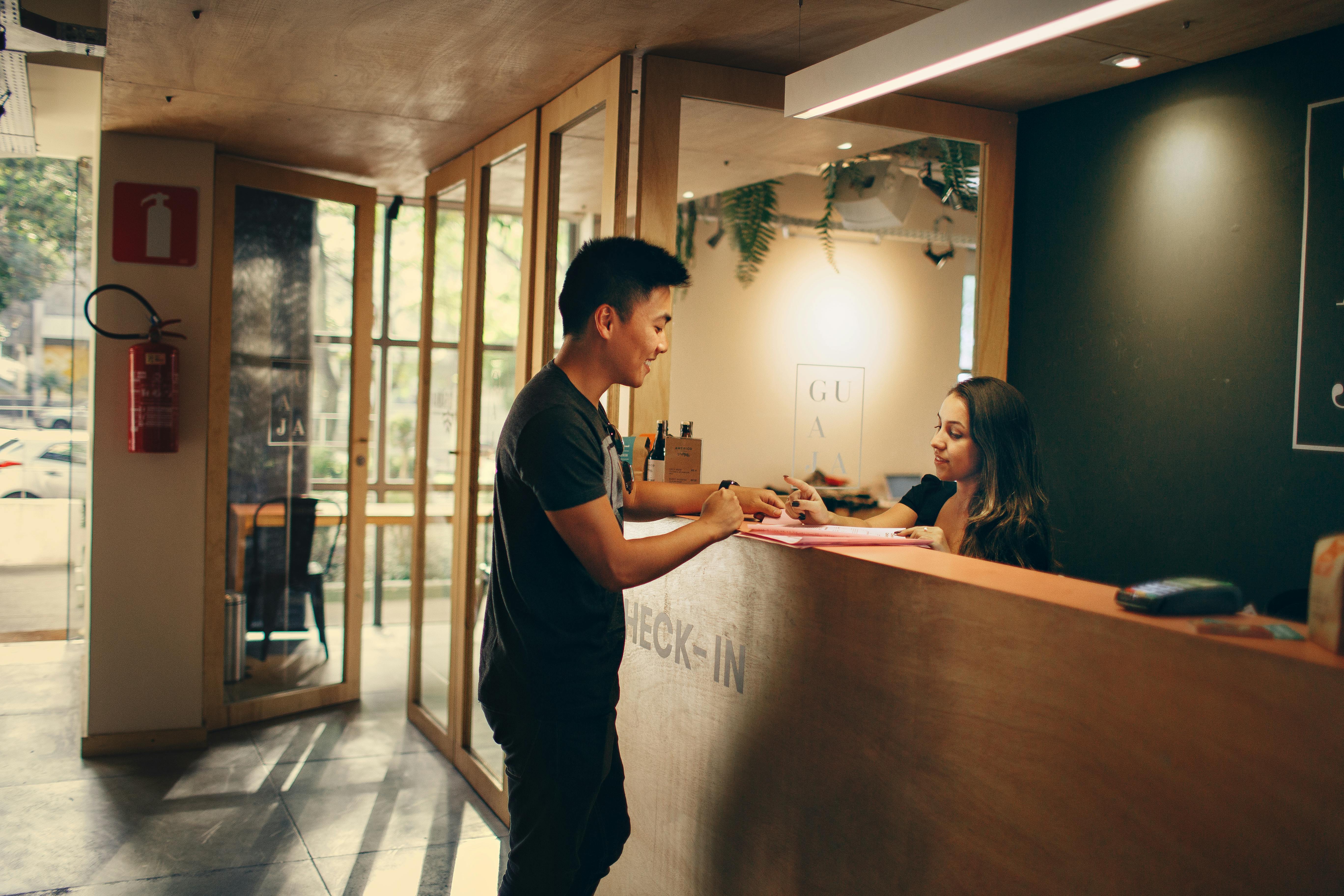
.jpg)


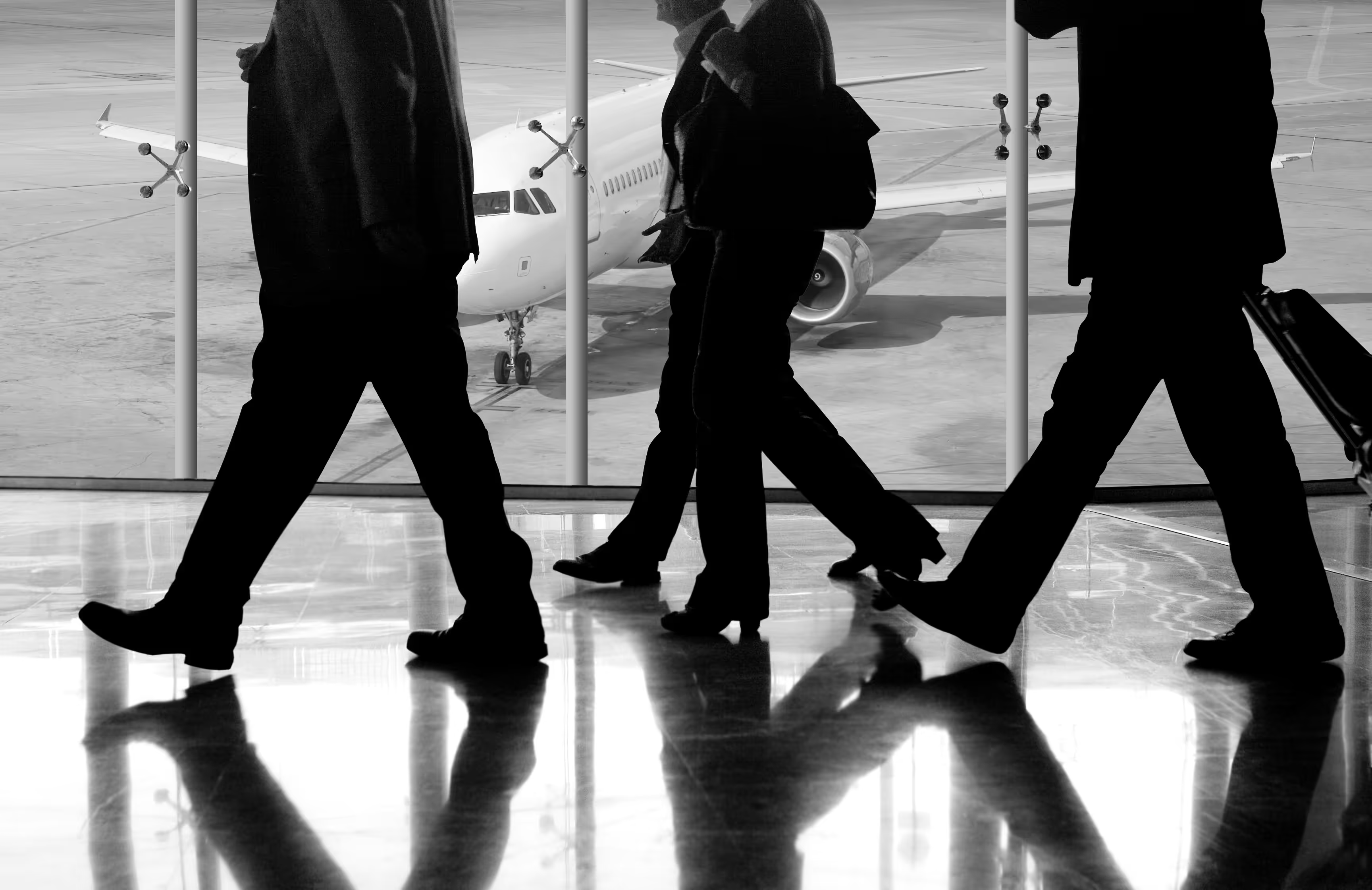
.avif)

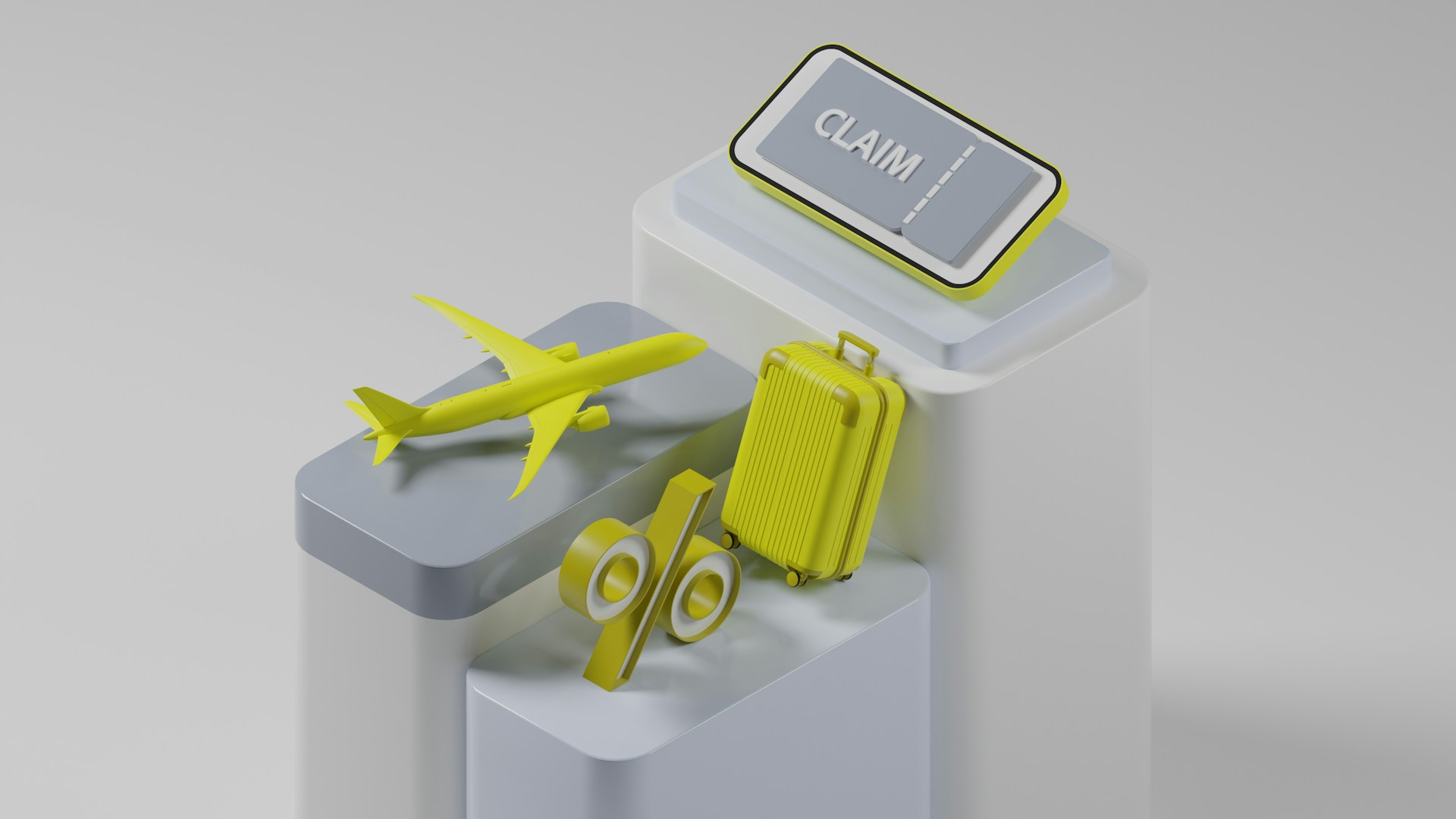


.avif)








